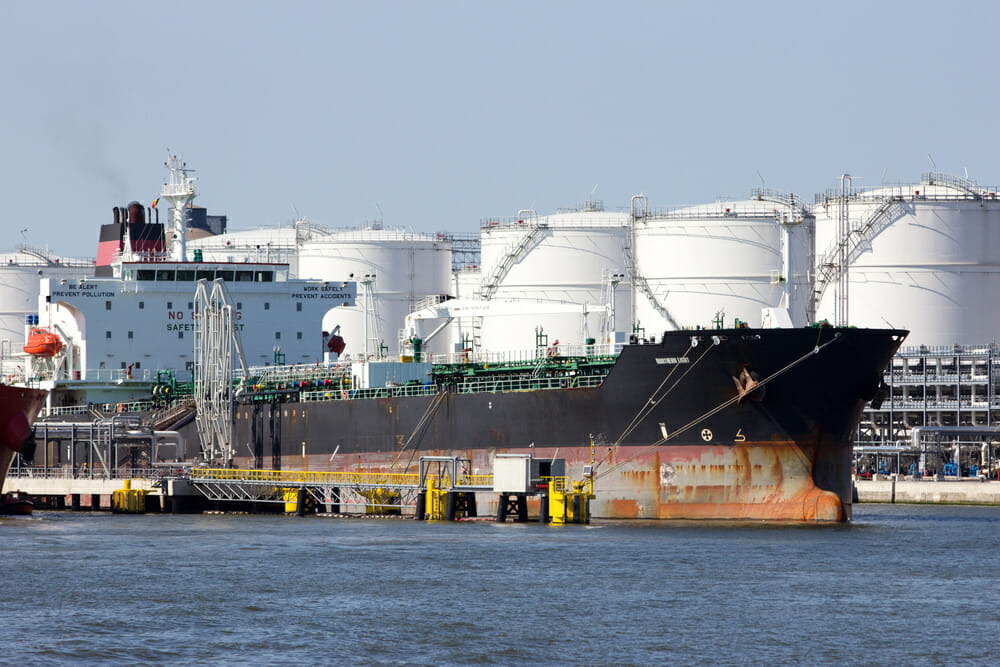After a recent European Council summit in Brussels, EU member nations’ leaders reached an agreement on a new set of sanctions against Russia. These sanctions, designed to hit Russia hard, include expelling Sberbank from the SWIFT financial system, prohibiting Russian state-owned TV channels, and imposing individual sanctions for war crimes committed by Russian troops in Ukraine. One of the most impactful measures is a large-scale ban on the majority of Russian oil imports.
European Council chief Charles Michel stated, “Agreement to ban the export of Russian oil to the EU. This immediately covers over two-thirds of oil imports from Russia, cutting off a substantial source of funding for its military operations.”
The ban will prevent Russian tankers from delivering oil through the northern section of the Druzhba pipeline, which mainly supplies Poland and Germany. However, the southern parts of the pipeline will continue to receive oil as countries like Hungary, Slovakia, and the Czech Republic heavily rely on Russian oil for a significant portion of their energy needs.
In the most significant effort yet to punish Russia for its war in Ukraine, the European Union agreed to ban the overwhelming majority of Russian oil imports. https://t.co/Yx9qlrAhkL
— ABC News (@ABC) May 31, 2022
European Commission President Ursula von der Leyen explained, “Poland and Germany have committed to phasing out Russian oil imports by the end of the year, along with other countries. This accounts for around 90% of Russian oil imports to be reduced by then. The remaining 10-11% supplied by the southern Druzhba section will receive temporary exemption.”
Given that the EU is a major purchaser of Russian oil globally, this ban is expected to be a substantial blow to Moscow’s financial resources.
Image Source: VanderWolf Images / Shutterstock













































